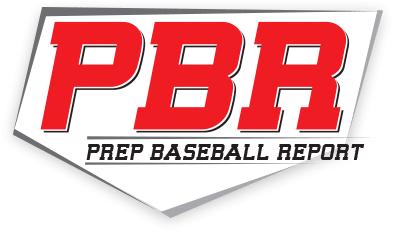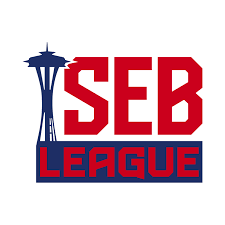NARROWS BBC NEWS
Lease Signed
Exciting news for the Narrows Baseball Club. We have signed a lease for our new home in Gig Harbor. The new building is ~7000 square feet with 30 foot ceilings. There is a lot of work to do between now and opening but we are excited to be moving forward with this new space for…
Narrows 2025 Tryout Dates Announced
August 14, 2024 UPDATE: Tryouts for Narrows 2025 teams have concluded. If you missed our main tryout dates and would still like to be considered for one of our teams please fill out the tryout registration linked below AND send and email to the Narrows Director indicating you are looking for a private tryout. director@narrowsbaseballclub.org…
NARROWS SHOWCASE INVITES
PAC Northwest Regional Championships
Congrats to the following Narrows players on being invited to play in the PAC Northwest Regional Championships. Pete Browand (2027) Kainoa Coit (2027) Thomas Marzano (2027) John Browand (2026) Quentin Bockhorn (2026)
Read MorePBR Northwest State Games
Congrats to the following Narrows players on being invited to play in the PBR State Games. Pete Browand (2027) John Browand (2026) Matthew Sleeter (2025) Matthew Saunders (2025) Ethan Mar (2025)
Read MoreBaseball Northwest Championships
Congrats to the following Narrows players on being invited to play in Baseball Northwest’s Northwest Championships. Jack Reanier (2028) Sawyer Payne (2028) Max Bergford (2028) Daniel Sleeter (2028) Chase Attebery (2028) Pete Browand (2027) John Browand (2026) Jake Cuda (2026) Quentin Bockhorn (2026) Hutton Leverett (2026) Hunter Payne (2026) Greyson Riley (2026) Matthew Sleeter (2025)…
Read MoreNARROWS COLLEGE COMMITTMENTS
Narrows BBC congragulates the following 2024 and 2025 players on their committment to playing college baseball.
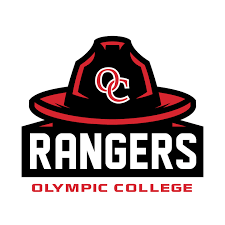
ADEN DESCHENES
Peninsula High School
Class of 2024
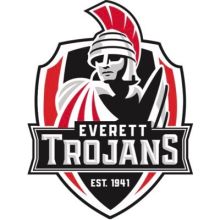
LUKE FENTON
South Kitsap High School
Class of 2024
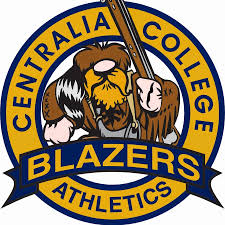
HUNTER SMITH
South Kitsap High School
Class of 2024

JOSH DUNHAM
Gig Harbor High School
Class of 2024

GRAYSON FORD
Peninsula High School
Class of 2024

ETHAN MAR
Gig Harbor High School
Class of 2025






